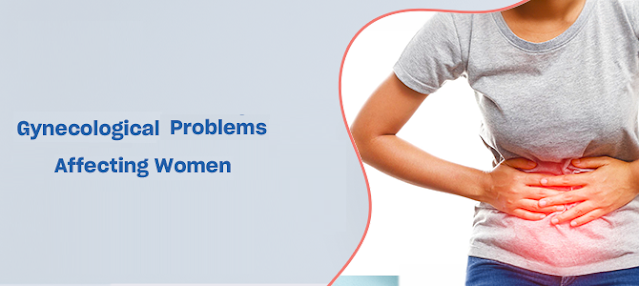Male and Female Infertility Issues
Male and female infertility issues refer to the biological or medical reasons that prevent a couple from conceiving a child naturally. Here's a detailed overview:
Male Infertility Issues
These usually relate to problems with sperm production, function, or delivery.
Low Sperm Count (Oligospermia)
- Fewer than 15 million sperm/mL of semen.
- Common cause of male infertility.
Poor Sperm Motility
- Sperm cannot swim properly to reach and fertilize the egg.
Abnormal Sperm Morphology
- Sperm with an irregular shape can't fertilize the egg efficiently.
No Sperm (Azoospermia)
- Complete absence of sperm in semen.
Ejaculation Issues
- Retrograde ejaculation (semen goes into the bladder instead of out through the penis).
- Premature ejaculation or absence of ejaculation.
Hormonal Imbalances
- Low testosterone or pituitary gland issues.
Varicocele
- Enlarged veins in the scrotum that affect sperm quality.
Infections
- STDs, mumps (especially after puberty), prostatitis.
Lifestyle Factors
- Smoking, alcohol, drugs, obesity, stress, tight clothing, heat exposure (e.g., saunas).
Genetic Causes
- Conditions like Klinefelter syndrome.
Female Infertility Issues
Male and female infertility issues refer to the biological or medical reasons that prevent a couple from conceiving a child naturally. Here's a detailed overview:
These relate to problems with ovulation, fallopian tubes, uterus, or hormonal imbalances.
Ovulation Disorders
- Polycystic Ovary Syndrome (PCOS)
- Premature ovarian insufficiency (early menopause)
- Hypothalamic dysfunction
Fallopian Tube Damage/Blockage
- Due to pelvic inflammatory disease (PID), endometriosis, or ectopic pregnancy.
Endometriosis
- Tissue similar to the uterine lining grows outside the uterus, affecting fertility.
Uterine or Cervical Abnormalities
- Polyps, fibroids, or abnormal uterus shape.
Hormonal Imbalances
- Thyroid issues, prolactin disorders, etc.
Age-related Decline
- Fertility decreases significantly after age 35.
Pelvic Infections
- Often from untreated STDs (e.g., chlamydia, gonorrhea).
Lifestyle Factors
- Smoking, alcohol, excessive exercise, eating disorders, obesity, stress.
Autoimmune Disorders
- Conditions like lupus can affect egg production or embryo implantation.
When to Seek Help?
- If under 35: After 12 months of unprotected intercourse.
- If over 35: After 6 months.
- Sooner if there are known issues like irregular periods, prior pelvic infections, or history of testicular/ovarian issues.
Consult the IVF Specialist in Ghaziabad. Book an appointment to get treated at IVF Center.

.jpg)



Comments
Post a Comment